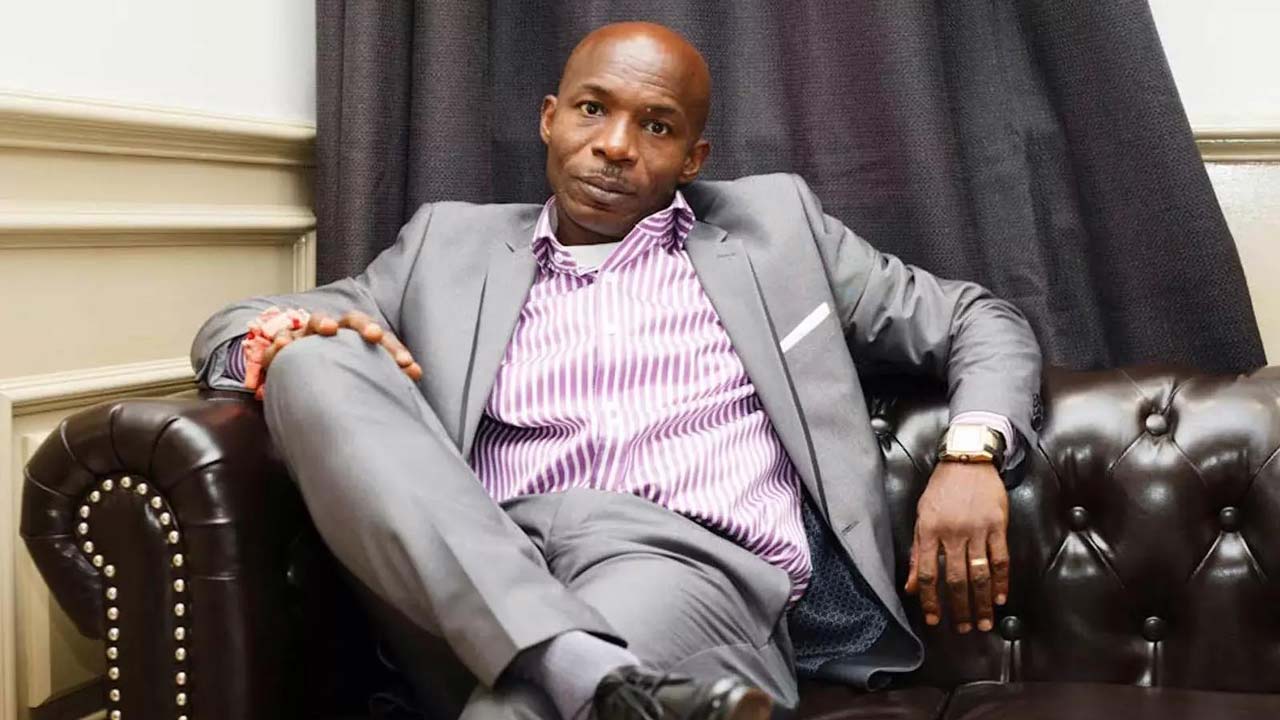Africa sets out key negotiating priorities
Vice President Kashim Shettima, yesterday, returned to Abuja after leading Nigeria’s delegation to the 30th United Nations Climate Change Conference (COP30) in Belém, Brazil, where the country reaffirmed its frontline position in global climate action and its commitment to a green transition.
Meanwhile, African climate negotiators have outlined a unified set of priorities for COP30, concluding a two-day pre-session meeting of the African Group of Negotiators on Climate Change (AGN) held in Belem from November 6 to 7, 2025.
The VP’s return was announced by Senior Special Assistant to the President on Media and Communications, Office of the Vice President, Stanley Nkwocha.
Representing President Bola Tinubu, Shettima joined world leaders, development partners and top industry executives at the Leaders’ Climate Summit hosted by Brazilian President Luiz Inácio Lula da Silva.
In his address, the VP urged the international community to recognise the economic value of nature and adopt
“predictable, equitable and accessible” funding mechanisms to protect and restore ecosystems.
He stressed that Nigeria’s renewed climate agenda was anchored on “a solemn national commitment to preserve the planet for future generations,” not mere ambition.
Nigeria has positioned itself as a regional climate leader at the summit, with Shettima spotlighting the nation’s green transition roadmap and efforts towards cutting emissions while expanding opportunities in renewable energy, sustainable agriculture, and environmental conservation.
Director-General of National Council on Climate Change (NCCC), Tenioye Majekodunmi, said Nigeria was approaching COP30 with a clear agenda to translate its climate commitments into actionable projects and investments.
Speaking at the leaders’ summit in Belém, Majekodunmi said the country aims to advance the implementation of its newly submitted Nationally Determined Contribution (NDC) 3.0 by converting targets into bankable programmes across key sectors such as power, clean cooking, agriculture, transport and resilient infrastructure.
Opening the meeting, AGN Chair, Dr Richard Muyungi, said COP30 must deliver “ambitious, balanced, fair and just outcomes across adaptation, mitigation, loss and damage, and climate finance,” emphasising that negotiations must be anchored in the latest science and the principles of equity and common but differentiated responsibilities and respective capabilities (CBDR–RC).
Muyungi warned that despite contributing less than four per cent of global emissions, Africa faces rapidly intensifying climate impacts and requires outcomes that reflect its “special needs, developmental context, and heightened vulnerability.”
Climate finance remains Africa’s top priority going into COP30. Negotiators called for a clear alignment between financing flows and the ambition reflected in countries’ next round of NDCs 3.0






